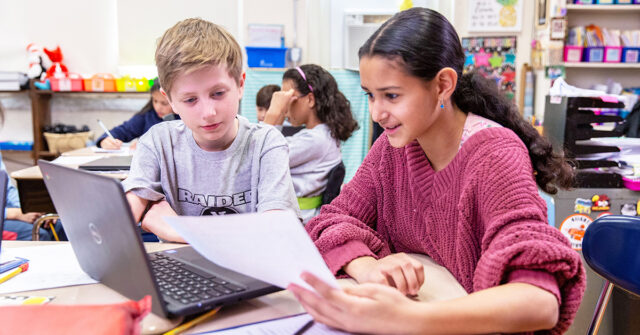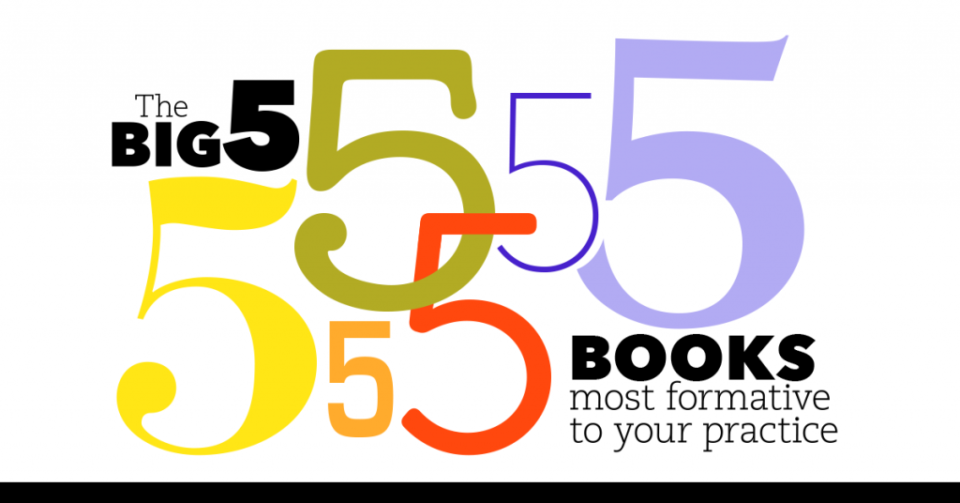
Every so often we like to ask our authors about the books that most affected their teaching, the books that served as turning points in their practice or opened their eyes to a new way of approaching their work, thinking about education, or seeing children. In this installment, we bring you the professional book top five of Lindsey Moses, assistant professor of literacy education at Arizona State University, and former elementary teacher. Lindsey is the author of several Heinemann books. Her most recent book, "What are the Rest of my Kids Doing?" Fostering Independence in the K-2 Reading Workshop is now available, and can be ordered here.
♦ ♦ ♦ ♦
So many authors and books have shaped my thinking about working alongside young readers and writers. I must admit, the task of choosing five was significantly more challenging than I originally anticipated. As I narrowed down my books, I attempted to find a theme or common thread that linked them together. It all came back to children’s voices. Listening to children’s voices, valuing children’s voices, supporting children’s voices, and responding to children’s voices. The professional books I chose range in scope from a research perspective to a practitioner focus. I start with books I find foundational in terms of learning about young children’s ways of being, knowing, engaging, and sharing, and then I move into the heart of the practitioner-focused books that forever changed my practice.
Every so often we like to ask our authors about the books that most affected their teaching, the books that served as turning points in their practice or opened their eyes to a new way of approaching their work, thinking about education, or seeing children. In this installment, we bring you the professional book top five of Lindsey Moses, assistant professor of literacy education at Arizona State University, and former elementary teacher. Lindsey is the author of several Heinemann books. Her most recent book, "What are the Rest of my Kids Doing?" Fostering Independence in the K-2 Reading Workshop is now available, and can be ordered here.
♦ ♦ ♦ ♦
So many authors and books have shaped my thinking about working alongside young readers and writers. I must admit, the task of choosing five was significantly more challenging than I originally anticipated. As I narrowed down my books, I attempted to find a theme or common thread that linked them together. It all came back to children’s voices. Listening to children’s voices, valuing children’s voices, supporting children’s voices, and responding to children’s voices. The professional books I chose range in scope from a research perspective to a practitioner focus. I start with books I find foundational in terms of learning about young children’s ways of being, knowing, engaging, and sharing, and then I move into the heart of the practitioner-focused books that forever changed my practice.
To me, Vivian Paley embodies what it means to be a researcher, writer, and teacher of young children. Her book Wally’s Stories: Conversations in the Kindergarten (1987) completely changed the way I view how five-year-olds think, explore, reason, and communicate. In true “kid-watching” form, Paley provides a vivid and rich description of her kindergarten classroom. Her account and inclusion of extensive child dialogue reveals the sophisticated language experiences that are possible in classrooms where students are at the center. As Courtney Cazden notes, “One catches glimpses of the teacher’s complex role—supporting the children in their imagined worlds and providing firm anchor points to a more stable ‘reality’ as well.” All my research and writing has stemmed out of this foundation of observing, celebrating, and supporting young children in deep and meaningful ways in a student-centered context.
The first time I read Gordon Wells, I was a doctoral student trying to make sense of how to explore children’s meaning making in student-centered classrooms. My introduction to his writing was originally with the book The Meaning Makers: Children Learning Language and Using Language to Learn (1986), but it was his book Dialogic Inquiry: Toward a Sociocultural Practice and Theory of Education (1999) that grounded my thinking about what a collaborative community between teacher and students could be by “placing stress on dialogue and co-construction of knowledge.” This emphasis on dialogue and co-construction shifted the focus and responsibility from teacher or student to collaborative learning. This foundational understanding of classroom experiences guided my work with supporting English learners in the reading workshop and supporting meaningful independence for primary readers.
I was lucky to work with educators inspired by the Reggio Emilia approach at an amazing campus children’s center at the University of Vermont. I studied and learned alongside expert teachers, young children, seasoned professors, and undergraduate students. We facilitated a book club with undergraduate students reading The Hundred Languages of Children: The Reggio Emilia Experience in Transformation (2012) in preparation for a week we spent in Reggio Emilia. During that experience, we saw the core tenets of the book put into practice in infant, toddler, pre-K, and elementary settings. Prior to this, I had not thought extensively about the languages of children beyond the traditional reading, writing, speaking, listening, viewing, and visually representing. This book and experience introduced me to the hundred languages of children and the many ways we can support the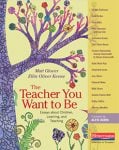 languages by teaching and learning through relationships and documentation as an integrated process of observing, reflecting, and communicating. Like the authors of The Teacher You Want to Be: Essays about Children, Learning, and Teaching (2015), the Reggio literature and experience inspired me to deepen my inquiry-based practices.
languages by teaching and learning through relationships and documentation as an integrated process of observing, reflecting, and communicating. Like the authors of The Teacher You Want to Be: Essays about Children, Learning, and Teaching (2015), the Reggio literature and experience inspired me to deepen my inquiry-based practices.
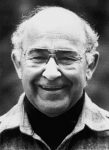 Donald Graves . . . where do I even begin? Part of me just wanted to write his name with little to no explanation, knowing that many of you have been influenced by his work in similar ways. All of Donald Graves’ work
Donald Graves . . . where do I even begin? Part of me just wanted to write his name with little to no explanation, knowing that many of you have been influenced by his work in similar ways. All of Donald Graves’ work influenced not only my teaching of writing but also my own development as a writer. In Writing: Teacher & Children at Work (1983), his use of case studies and descriptive accounts made a professional book read like novel. His writing has always served as a mentor text and inspiration for my professional writing for teachers.
influenced not only my teaching of writing but also my own development as a writer. In Writing: Teacher & Children at Work (1983), his use of case studies and descriptive accounts made a professional book read like novel. His writing has always served as a mentor text and inspiration for my professional writing for teachers.
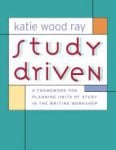 I enjoy the literature related to student-centered and workshop models (Graves, Calkins, Fletcher, JoAnne Portalupi, Serafini, etc.). They have all given me new ideas about facilitating learning based on students’ interests and needs. Katie Wood Ray’s approach to inquiry and framing units of study pushed me outside my comfort zone of traditional genre-based workshop practices in her book Study Driven (2006). I continually revisit her quote “Framing instruction as study represents an essential stance to teaching and learning, an inquiry stance, characterized by repositioning curriculum as the outcome of instruction rather than the starting point” (19). This helped me shift my thinking from preplanned genre studies or inquiry opportunities to responding to students’ interests and needs. The wide range of genres and examples opened the door to endless possibilities of engaging students and building on their experiences and voices.
I enjoy the literature related to student-centered and workshop models (Graves, Calkins, Fletcher, JoAnne Portalupi, Serafini, etc.). They have all given me new ideas about facilitating learning based on students’ interests and needs. Katie Wood Ray’s approach to inquiry and framing units of study pushed me outside my comfort zone of traditional genre-based workshop practices in her book Study Driven (2006). I continually revisit her quote “Framing instruction as study represents an essential stance to teaching and learning, an inquiry stance, characterized by repositioning curriculum as the outcome of instruction rather than the starting point” (19). This helped me shift my thinking from preplanned genre studies or inquiry opportunities to responding to students’ interests and needs. The wide range of genres and examples opened the door to endless possibilities of engaging students and building on their experiences and voices.
Thank you to all the thoughtful voices of authors who shaped my thinking about observing and celebrating the voices of children!
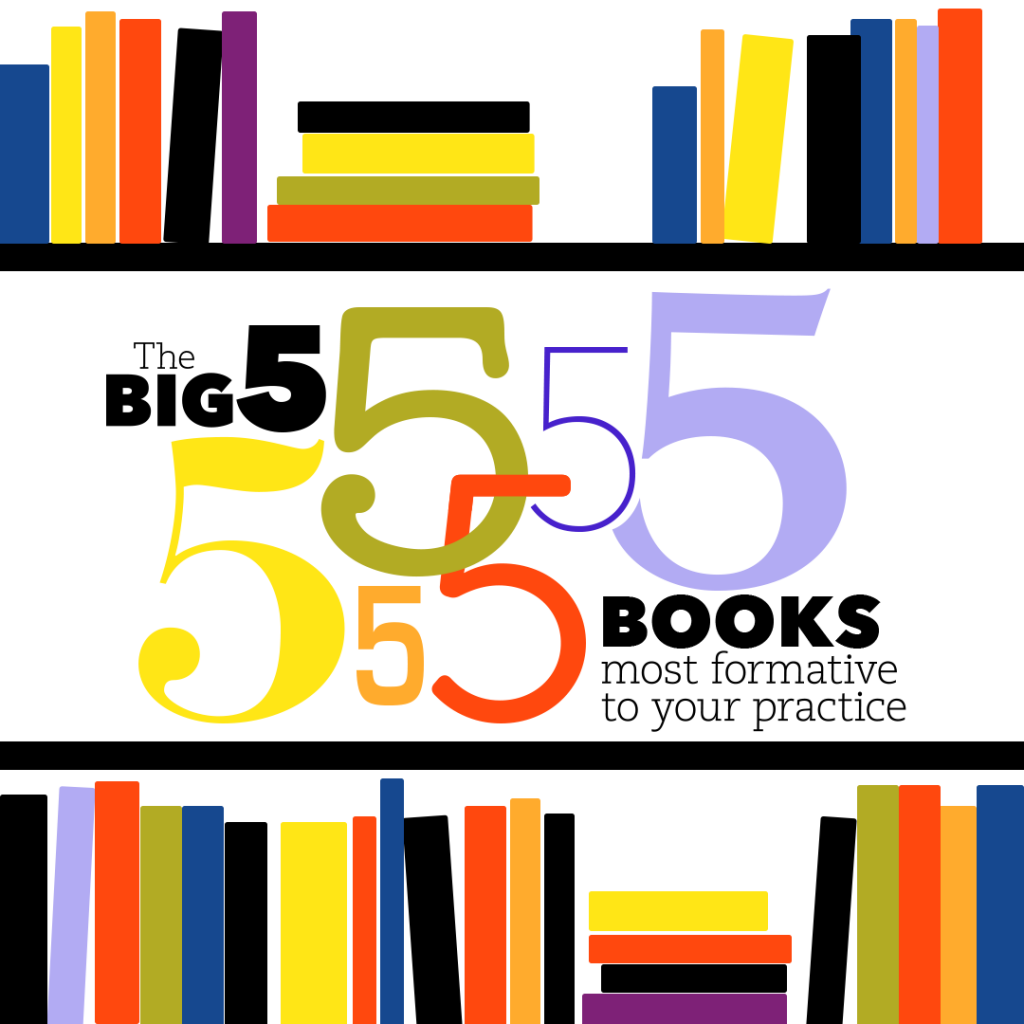
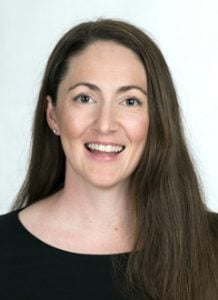
Lindsey Moses is an assistant professor of literacy education at Arizona State University. A former elementary teacher, Lindsey works with classroom teachers around the country supporting the implementation of effective literacy instruction in diverse settings. Her research focuses on elementary literacy instruction and English learners.
Lindsey is the coauthor of "What are the Rest of my Kids Doing?" Fostering Independence in the K-2 Reading Workshop, Comprehension and English Language Learners and author of Supporting English Learners in the Reading Workshop, which provides research-based, teacher-tested instruction and differentiation ideas that facilitate success for diverse learners.

